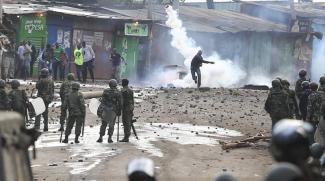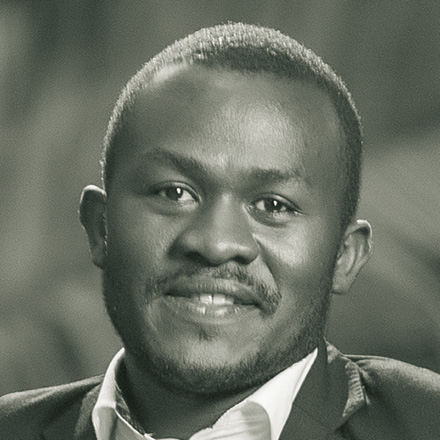Rule of law
Diminished force

Kenya’s Supreme Court earned much praise when it announced on 1 September that it would annul the country’s recent presidential elections. Almost three months later, it is evident that it ultimately exacerbated the country’s problems.
In a rerun election in late October, voters confirmed incumbent president Uhuru Kenyatta in office. The turnout was below 40 %, which means that a huge share of the electorate did not consider the runoff legitimate. Kenyatta’s legitimacy is thus dented too, and it hardly matters that almost every citizen who did vote opted for him. His repressive stance does not help; all too often, opponents are killed at rallies. Compounding problems, members of the Luo ethnic group, to which opposition leader Raila Odinga belongs, are now contemplating secession.
The Supreme Court must bear some of the blame. On 1 September it announced the annulment and ordered that the rerun be held within 60 days. It only delivered its extensive judgment three weeks later, leaving Kenya’s public to wonder for 20 days what had gone wrong. In the end, the judges refrained from indicating any personal guilt, but failed to spell out how to correct systemic flaws. Their judgment did not ensure that the rerun election’s legitimacy would be beyond any doubt.
There was very little time and no explicit guidelines for organising the rerun election properly. Arguing it would not be fair, Odinga unsuccessfully demanded reforms of the election commission. Next, he told his supporters to boycott the event.
As the date of the rerun approached, things were spinning out of control. A member of the election commission fled to the USA and claimed to be fearing for her life. Everyone remembered that another member of the election commission was murdered shortly before the first election in August.
Public trust took another hit when the Supreme Court declared itself unable to decide on whether the rerun was legitimate one day before the vote. Too few of its judges assembled in Nairobi. The deputy chief justice was missing because her driver was hospitalised after having been shot the night before. Apparently other members of the bench also feared for their lives. The rerun election went ahead without the top court having decided on its legitimacy.
In its most recent decision in mid-November, the Supreme Court upheld Kenyatta’s victory. They probably had no other choice since the people are tired of constant campaigning, and yet another presidential election would have sapped credibility even more.
In retrospect, it is clear that the judges did pay too much attention to formalities and too little attention to the substance of justice. The constitutional requirement that a presidential election must be repeated within 60 days after being annulled does not make sense if fair and clean elections cannot be guaranteed. In such a scenario, judges should grant more time and spell out clearly what needs to happen in that period.
In a similar way, the quorum that a minimum number of judges must convene to decide hardly makes sense at a time when judges are afraid to assemble. In such a scenario, they must opt for teleconferencing by mobile phone. The substantial validity of an election and the authority of the country’s top judges are certainly of greater relevance than a formal quorum.
Many Kenyans will never consider Kenyatta their legitimate president. Kenya’s Supreme Court made an effort to keep a check on the government, as is its duty. International observers praised it for setting a continental example. Unfortunately, it did not do a thorough job and is now a diminished force.
Commenting on the Court’s decision to uphold the rerun election, opposition leader Odinga said: “This ruling didn’t come as a surprise. It was a decision taken under duress. We do not condemn the court, we sympathise with it.” In formal terms, Kenyatta had accepted the court’s decision, but at the same time he had agitated against the judges and tolerated his supporters speaking of a judicial coup.
New parliament and county governors were elected this summer. If they serve their duties as independent branches of government well, Kenya’s democracy may yet prevail.













